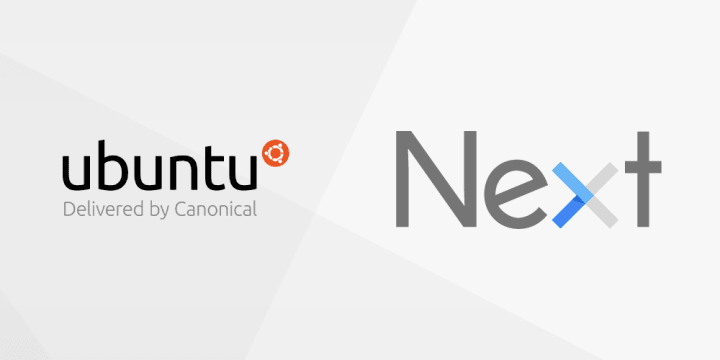Alexander Gallagher
on 6 March 2017
Canonical at Google Next 2017

The dramatic emergence of open source software, together with the SaaS deployment model and cloud computing, has greatly reduced software costs for enterprises, but that has also created new challenges. As many organizations have come to understand, Big Software—dynamic scale-out software architectures such as big data, Openstack or Kubernetes—is a phase change in the rising scale and complexity of operations. And with that rising complexity, comes an escalating operations cost that in some cases cancels out or even dwarfs the savings in licenses.
This week at the Google NEXT 2017 conference in San Francisco, we will be demonstrating how we approach this challenge, focusing on:
- The Canonical Distribution of Kubernetes, and model-driven operations with Juju
- Landscape systems management, the Canonical Livepatch Service, and Ubuntu Advantage professional support
Kubernetes made easy
The Canonical Distribution of Kubernetes is the pure upstream experience, aimed at making operations simple. There are no modifications, no delays in getting the latest updates, and workloads can be supported with enterprise-grade SLAs. All of the code is 100% free software, and is included in Kubernetes itself. That means just a pure Kubernetes experience that’s community-maintained and supported by the experts at Canonical.
What is also special, apart from the optional support and enterprise SLAs from Canonical, is the ability to deploy a full Kubernetes architecture in minutes, using a few simple commands on our Juju CLI or canvas, whether in the bootstrapped or hosted version.
Model-driven operations with Juju use shared, open source operations code for common components, so companies can focus precious resources on creating software that is unique to their business.
Efficiency, security, and peace of mind for production workloads on Ubuntu
Support is about more than just getting the latest patches, updates, and versions—consider hidden costs to upgrade software, including downtime, scheduling, and planning. Available through our online support shop or by contacting us, Ubuntu Advantage (UA) is our professional support package that provides:
- Landscape for efficient systems management and patching
- Up to 24/7 telephone and online support, with enterprise SLAs
- Canonical Livepatch Service, for applying critical kernel patches without rebooting
- Access to the Canonical knowledge base and support portal
- IP legal assurance
In addition, users of Ubuntu 12.04 LTS, which is going end-of-life in late April of this year, can remain supported with critical security updates by signing up for Ubuntu Advantage support.
Come talk to us at booth A22 at the Google NEXT 2017 event, March 8-10.



